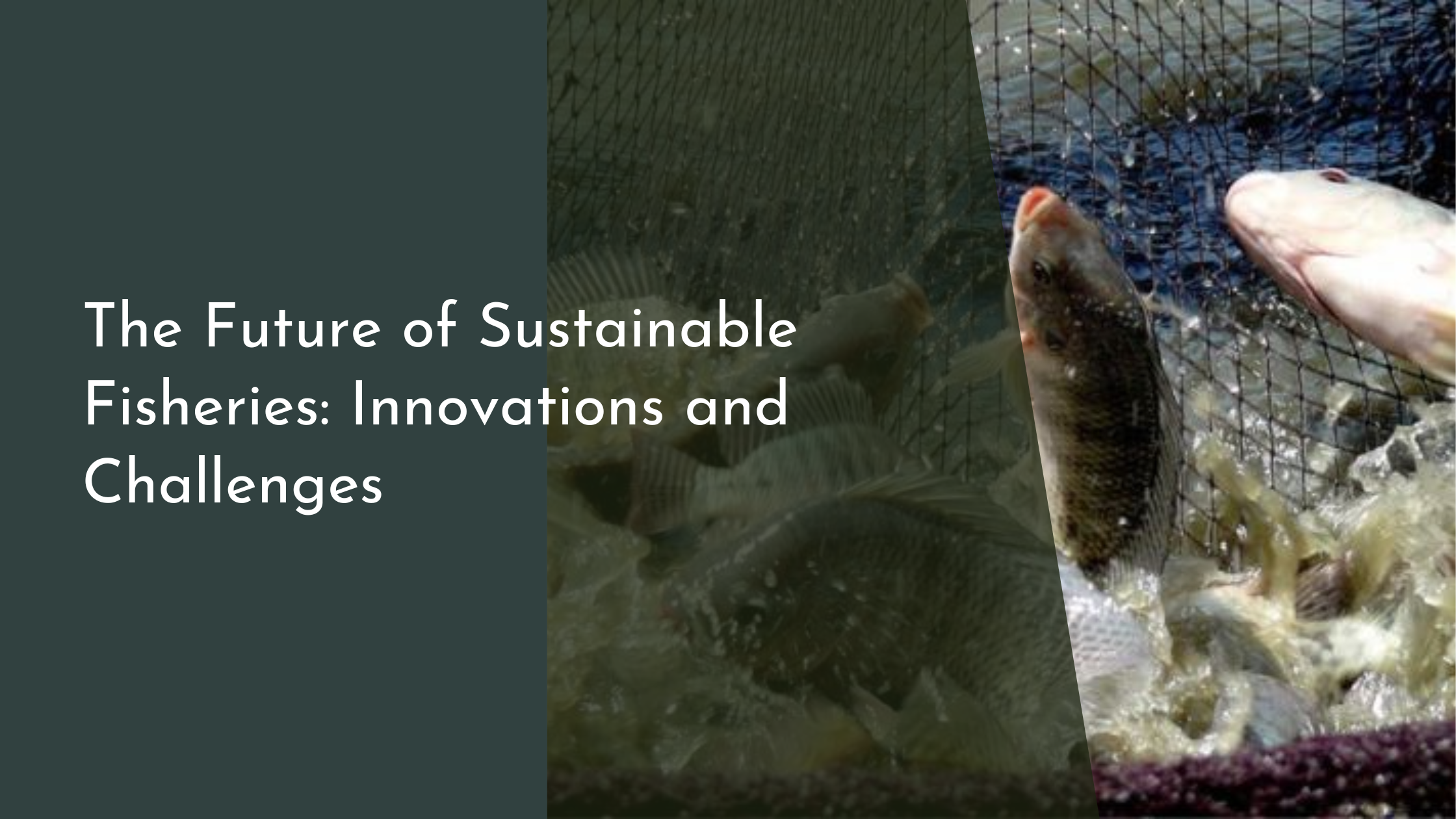The Future of Sustainable Fisheries: Innovations and Challenges
The future of sustainable fisheries is a topic gaining increasing attention as the world navigates the delicate balance between meeting human consumption needs and maintaining healthy marine ecosystems. With oceans providing a crucial source of food and livelihood for millions, sustainable fisheries are essential in safeguarding marine biodiversity while supporting economic growth. This article explores the innovations and challenges shaping the future of sustainable fishing, highlighting the importance of technology, policy, community involvement, and addressing obstacles for long-term success.
Embracing New Technologies in Sustainable Fishing
Technological advancements are at the forefront of transforming the fishing industry towards greater sustainability. One of the most promising innovations is the use of advanced satellite and sonar technology to efficiently locate fish populations without disrupting their habitats. This not only improves catch yields but also minimizes bycatch and reduces fuel consumption, leading to a more eco-friendly fishing process. Furthermore, the integration of machine learning and artificial intelligence can help predict fish migration patterns and inform sustainable quota management, ensuring that fishing activities remain within ecological limits.
In addition to these advancements, the development of smart fishing gear presents exciting opportunities for sustainable fishing practices. Innovations such as biodegradable nets and escape rings allow non-target species to safely exit the nets, thereby reducing bycatch and preserving biodiversity. Electronic monitoring systems and blockchain technologies enable greater traceability from ocean to plate, allowing consumers to make informed choices about the seafood they purchase. Together, these technologies are paving the way for a more sustainable and transparent fishing industry.
Policy Changes Supporting Marine Conservation
The role of policy in promoting sustainable fisheries cannot be overstated. Governments around the world are increasingly implementing regulations and policies aimed at protecting marine environments and supporting sustainable fishing practices. One significant development is the establishment of marine protected areas (MPAs), which provide safe havens for marine life and allow fish stocks to replenish. By limiting or prohibiting fishing activities in these designated areas, MPAs contribute to the recovery of endangered species and boost overall marine biodiversity.
Moreover, international collaborations and agreements are playing a critical role in advancing sustainable fishing. Initiatives like the United Nations Sustainable Development Goal 14, which focuses on life below water, encourage countries to work together in conserving marine resources. Regional fisheries management organizations (RFMOs) are also instrumental in setting catch limits and enforcing conservation measures on the high seas. These policy changes not only protect marine ecosystems but also ensure a stable future for the fishing industry by promoting responsible resource management.
The Role of Community in Sustainable Fisheries
Local communities are vital partners in the journey towards sustainable fisheries. Coastal communities, who have traditionally relied on fishing for their livelihoods, possess valuable knowledge and experience that can contribute to sustainable practices. By engaging these communities in decision-making processes and ensuring their participation in conservation efforts, fisheries management can become more inclusive and effective. Community-based management systems, where locals have a say in resource allocation and compliance, have demonstrated success in maintaining sustainable fish stocks.
Education and awareness programs also empower communities to become stewards of their marine resources. By understanding the importance of sustainable fishing and the impacts of overfishing, communities are more likely to adopt practices that ensure long-term ecological and economic benefits. Additionally, fostering community-led initiatives such as sustainable aquaculture and ecotourism can diversify income sources and reduce pressure on wild fish populations. As communities become more involved and invested in sustainable fisheries, they play a crucial role in preserving marine ecosystems for future generations.
Overcoming Challenges for a Brighter Future
Despite the promising innovations and progress in sustainable fisheries, several challenges remain. Overfishing, illegal, unreported, and unregulated (IUU) fishing, and climate change continue to pose threats to marine ecosystems and the sustainability of fisheries. Addressing these issues requires a multifaceted approach that involves international cooperation, stringent enforcement of regulations, and adaptation strategies to mitigate the impacts of climate change. By tackling these challenges head-on, the fishing industry can contribute to a healthier and more resilient ocean.
Another significant challenge lies in balancing economic interests with environmental sustainability. The demand for seafood is projected to increase, putting pressure on fish stocks and the ecosystems that support them. To meet this demand sustainably, a shift towards responsible consumption and production is necessary. This includes promoting sustainable seafood certification, supporting small-scale fisheries, and encouraging consumers to choose sustainably sourced products. Overcoming these challenges ensures that fisheries can continue to thrive while safeguarding the health of our oceans.
The future of sustainable fisheries is bright, thanks to the concerted efforts of technology innovators, policymakers, and communities around the world. By embracing new technologies, implementing supportive policies, and actively involving communities, the path to sustainable fisheries is increasingly attainable. While challenges remain, the commitment to sustainable practices offers hope for a future where oceans thrive and fishing continues to be a vital source of food and livelihood. With continued dedication and collaboration, sustainable fisheries can serve as a model for balancing human needs with ecological integrity.

